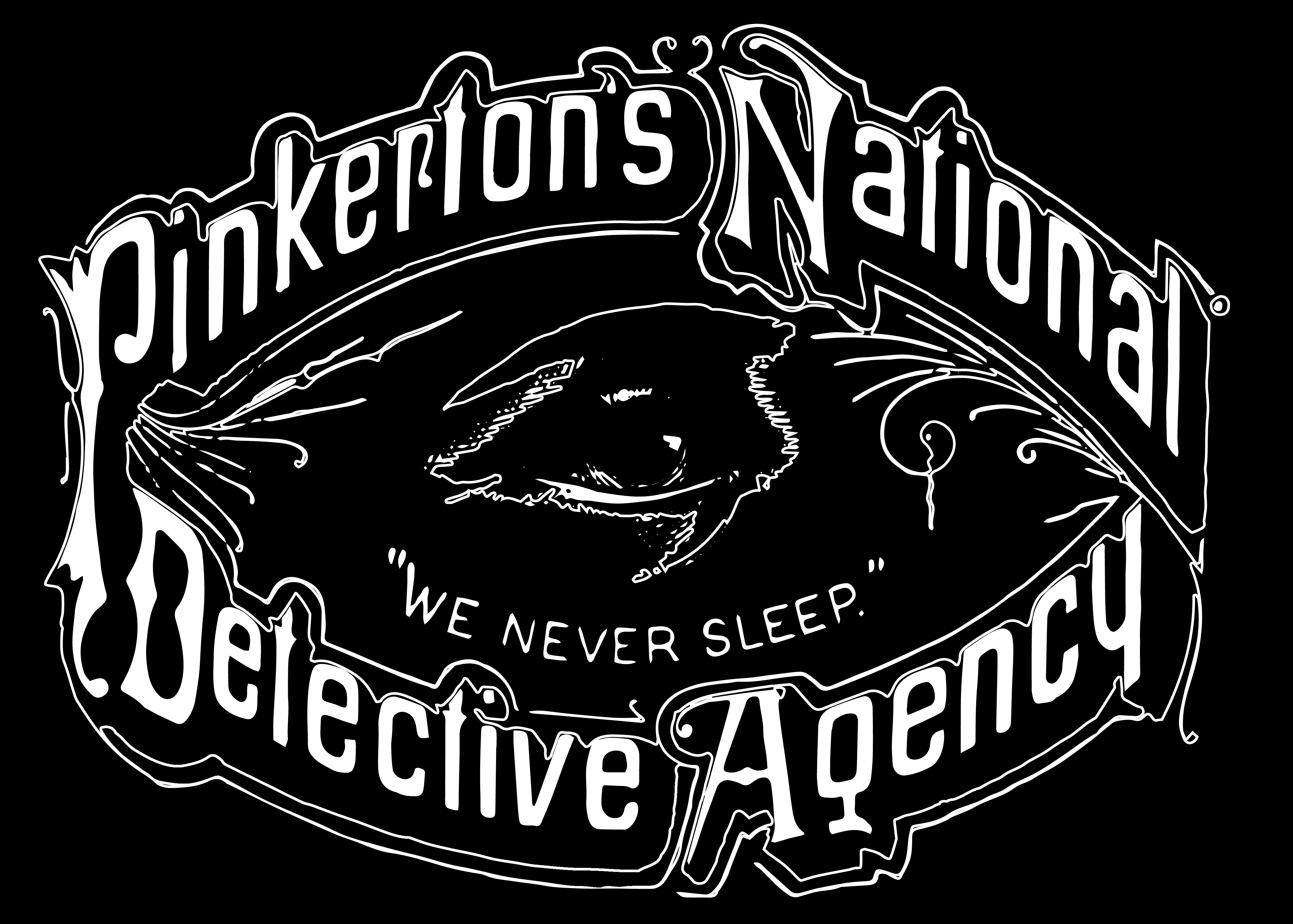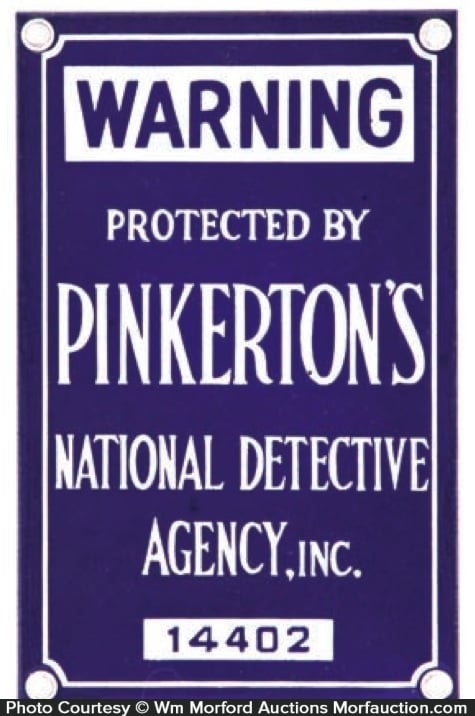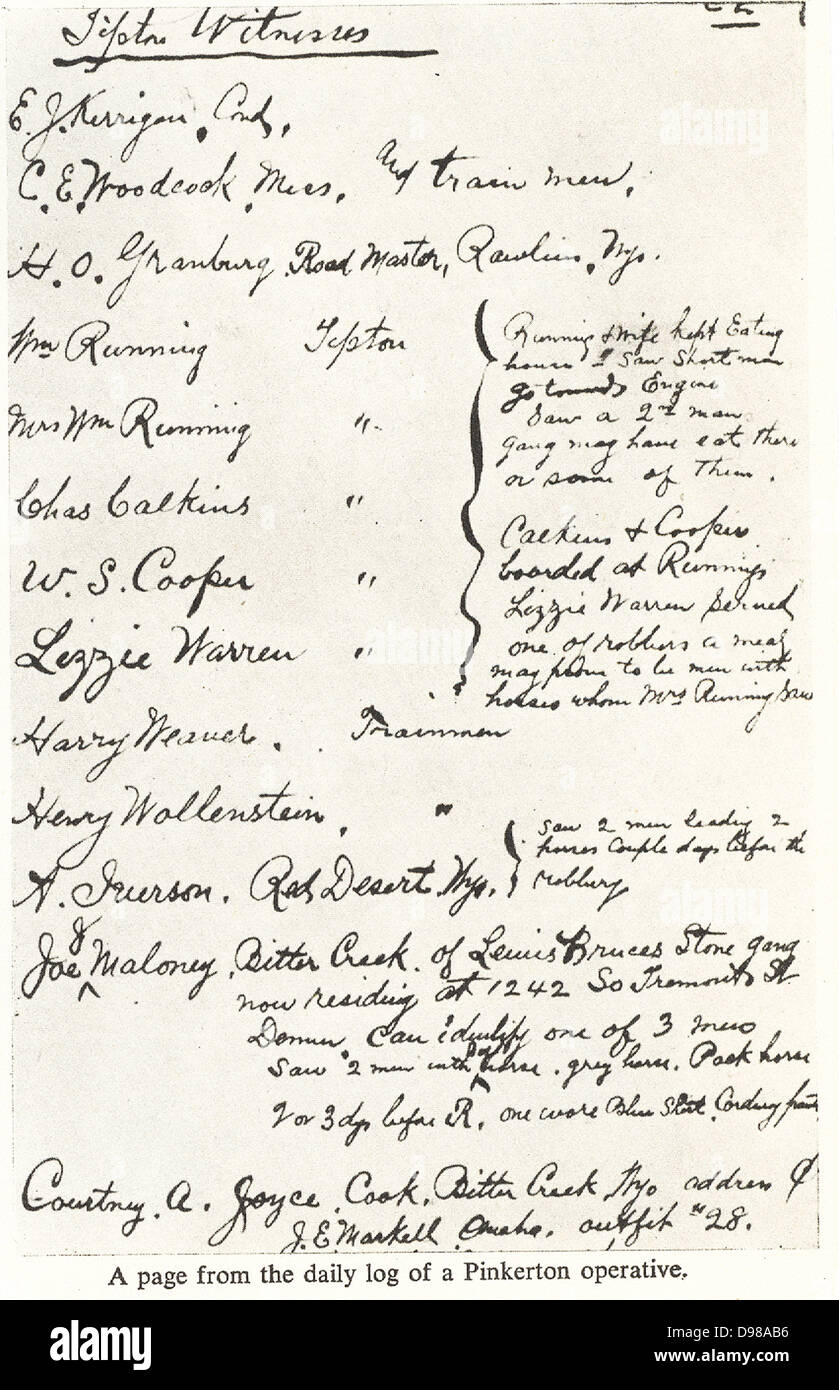

The would-be assassins plotted to take advantage of a staged scuffle at the crowded train station. How could Warne and Pinkerton best protect Lincoln? The conspirators planned to take advantage of the president’s well-publicized schedule, and the need for anyone heading for Washington to change trains in Baltimore. Hobnobbing with the city’s elite, she helped to glean details of at least one major plot to kill the president. She knew just how Southern belles talked and acted, so when Pinkerton sent her to Baltimore–the only slave-holding city that Lincoln planned to visit on his trip to Washington–she donned the black-and-white cockade of ribbons worn by secessionist sympathizers and posed as an Alabama society lady. Warne’s time in Alabama would prove particularly useful when it came to keeping the president safe. READ MORE: Abraham Lincoln's Inner Circle: Family, Friends, Cabinet and More Warne Posed as a Southern Belle

“She succeeded far beyond my utmost expectations,” Pinkerton later raved in a memoir. Traveling to Montgomery, Alabama and cozying up to the wife of the prime suspect in the $50,000 robbery of the Adams Express Co., Kate Warne obtained a confession and recouped most of the loot. Within months, the young detective proved her value. Warne reminded Pinkerton that there were places “to which it was impossible for male detectives to gain access,” but that, as a woman, she “could go and worm out secrets.” Struck by the young woman’s moxie, Pinkerton hired her, despite objections from his brother and business partner. Still, out of curiosity, he “asked her what she thought she could do.” “Female detectives were unheard of,” he said. Pinkerton later chronicled his first encounter with Warne. She insisted she wanted to become an operative. Only a few years earlier, in 1856, the widowed 23-year-old Warne, a long way from her birthplace in Erin, New York, had marched boldly into Pinkerton’s Chicago office in search of a job. Warne to Pinkerton: Women Could ‘Worm Out Secrets’ Pinkerton, for his part, enlisted one of his most unlikely but most stalwart operatives to keep the president safe. Pinkerton had met Lincoln when both had worked on behalf of the Illinois Central Railroad, Lincoln offering legal advice and Pinkerton providing security. Not only had the Scottish-born sleuth established his business by providing security services to the railroad industry, but he had solid abolitionist credentials.


Looking for help, he turned to detective Allan Pinkerton. One of Lincoln’s supporters, railroad executive Samuel Morse Felton, had grown alarmed both by rumors of conspiracies that involved Lincoln’s assassination and by the president-elect’s apparent unconcern. Lincoln loathed ostentation, though, and despite the volume of threats against his life, rejected any idea of a military escort on the lengthy and well-publicized train tour from his home in Springfield, Illinois to the nation’s capital. Pinkerton, founder of the Pinkerton National Detective Agency, foiled a plot to assassinate Lincoln in 1861.īefore the creation of the Secret Service, presidents relied on the military to protect them. American President-elect Abraham Lincoln walks near a railroad engine with Scottish-born detective Allan Pinkerton (right) in Washington, D.C., on February 23, 1861.


 0 kommentar(er)
0 kommentar(er)
